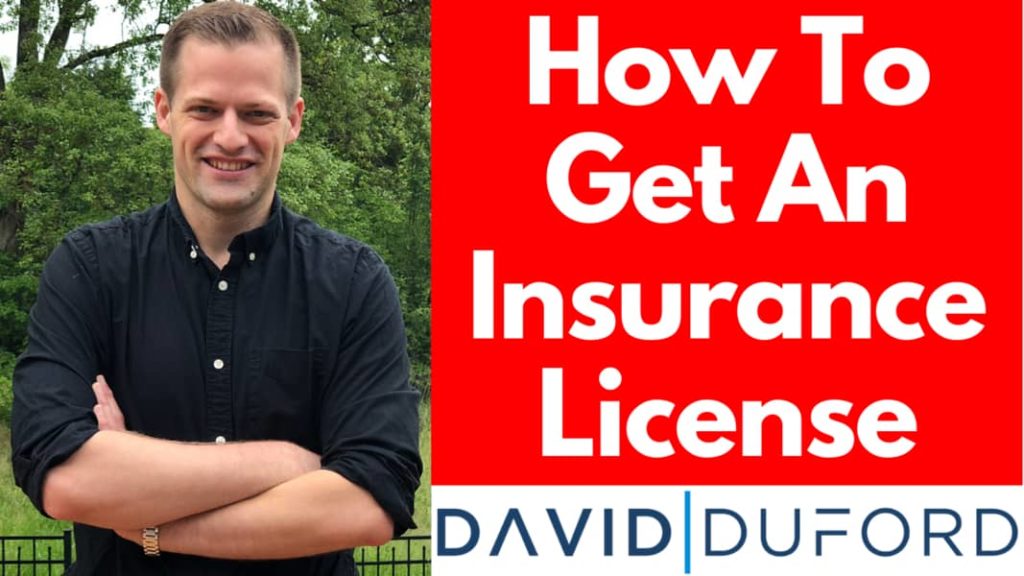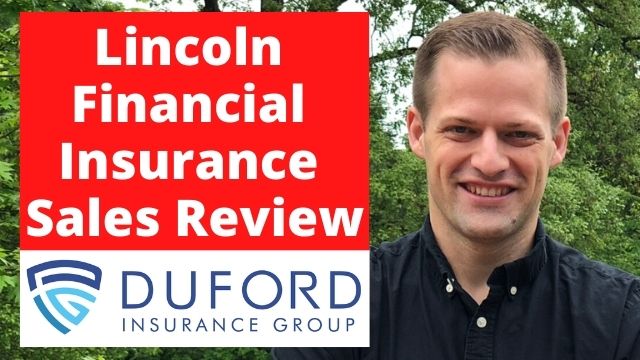Are you considering selling insurance with the Lincoln Financial Insurance Sales Career?
If so, you’ve found the right article.
In this article, I will explain how a career selling insurance with Lincoln Financial Insurance works as well as offer some more general advice that I think all new and aspiring agents should consider.
Without further ado, let’s begin.
PS: If you would like to learn more about insurance sales opportunities other than Lincoln Financial Insurance, we’ve posted tons of insurance career reviews on this page.
NOTE: Are you interested in selling insurance as a business? If so, check out my Free Insurance Agent Resource Guide to find out more.
Quick Navigation Article Links
About Lincoln Financial
Lincoln Financial Group was established as Lincoln National Life Insurance Company in 1905.
In 1912, Lincoln National Life entered the reinsurance business and was the pioneering company in American reinsurance. In 2006, it merged with Jefferson Pilot Financial, creating one of the largest financial services organizations in the United States.
Lincoln National Life Insurance Company is a subsidiary of Lincoln Financial Group (also known as Lincoln National). The company is headquartered in Radnor, Pennsylvania, and has seventeen office locations across the country.
Products Sold And Market Focus
Lincoln Financial Group sells four types of insurance products: life insurance, annuities, group protection, and retirement plan services.
It offers a comprehensive line of life insurance products:
-
- Term life insurance ranging from 5-year to 20-year terms offering a fixed premium. Supplemental riders include a waiver of premium rider, a children’s level term insurance rider, and the accelerated benefits rider.
-
- Universal life insurance that offers permanent life insurance along with a cash accumulation value. Additional options include accelerated benefits, accelerated benefits with a critical illness, accidental death benefit, children’s term, disability waiver, guaranteed insurability, minimum death benefit, and spouse term riders.
-
- Variable universal life insurance that combines term life insurance with cash accumulation value and death benefit options. Lincoln National offers over 12 variable universal life policies.
-
- Annuity products to help policyholders prepare for retirement with a protected source of monthly income.
-
- Fixed annuities with several plan options available.
-
- Variable annuities that maximize the ability to earn on investments while maintaining a protected monthly income for life.
Some of the Lincoln Financial insurance products aren’t available in the state of New York.
How Leads Work
Lincoln Financial doesn’t provide information on how its agents find prospects.
If you are a new agent working for Lincoln Financial, you will most likely have to start by cold calling for prospects or work with friends and family for referrals and sales opportunities.
It’s up to every individual agent to increase their pay portfolio. If sales are high, management will usually provide leads as compensation for your work.
How Getting Paid Works
Like most insurance companies, Lincoln Financial doesn’t publish its commissions for agents. However, as an independent insurance agent, you will be paid a base salary with a commission and a possible bonus.
Is It A Scam, MLM, Pyramid Scheme?
Lincoln Financial is not a scam. It is a legitimate company with excellent financial ratings. It has an A+ rating from both A.M. Best and Fitch, and an AA- rating from Standard & Poor’s.
The company has received numerous honors and awards in areas like ethics and workplace diversity and inclusion. It has spent 25 years on the Fortune 500 list and was ranked 188th in 2020.
Lincoln Financial is not a multi-level marketing (MLM) business opportunity or pyramid scheme.
The company doesn’t have multiple layers of agents, mentors, and trainers and is not suitable for agents who are primarily looking to recruit.
My Thoughts
Now you know a little more about how a career selling insurance with Lincoln Financial works, I’d like to provide my experience and knowledge as an insurance agent since 2011 and as an insurance agency owner since 2014.
What follows below isn’t necessarily advice or critique specific to Lincoln Financial. Instead, it’s general advice that I think all new and aspiring agents should consider before deciding to join a particular insurance agency.
Consider the Market Your Agency Focuses on
One of the first things you need to consider before starting a career selling insurance is the focus market of the agency you’re thinking of joining.
For instance, some markets are growing in size and opportunity, while others are shrinking in opportunity.
Employee benefit based strategies that focus on selling things like life insurance, for example, are potentially shrinking. With COVID-19 causing many employees to revert to virtual-based operations, it’s harder for the group benefits coordinator to see people on site as it’s traditionally been done.
I talked to organizations in this market and found they’ve experienced a decrease in the sale of their new products simply because it’s more difficult relying on traditional methods to get in front of their prospects.
Insurance Opportunities Despite COVID
On the flip side, some markets have not missed a beat since COVID-19 became an issue in 2020 and with the economy being uncertain.
For instance, we here at the Duford Insurance Group target the baby boomer senior population. All studies show that this group of people will grow tremendously over the next 20 years.
Nearly 11,000 seniors turn 65 every single day and will continue to do so for the next ten years as of the writing of this article. In short, the senior population aged 65 and older is going to increase by 50% by the year 2040.
Moreover, all seniors receive Social Security as a guaranteed source of income. If the economy collapses and workers lose their jobs, seniors will be less likely to be affected since it’s too much of a risk to consider altering Social Security benefits.
My advice? Think carefully about the long-term implications surrounding the markets that you’re considering targeting.
Special considerations should include things like automation risks, artificial intelligence risks, how the market wants to be sold, whether it’s face-to-face virtually or without an agent, and certainly the demographics of the prospects themselves.
Captain Versus Independent Nation
Another important consideration is whether you decide to be a captive agent or an independent agent.
A captive agent typically represents only one company. This means they have limited carriers to write with and, as a result, can’t offer the best deal in terms of underwriting flexibility, price, or coverage.
Being an independent agent is the inverse of this. Independent agents usually have access to a multitude of carriers, which allows them to shop around for the best combination of price and underwriting.
The difference in results between an independent and captive agent can be dramatic.
For instance, the independent agent with access to multiple products is far more likely to write a superior policy than their captive counterparts.
Likewise, if you’re a captive agent with limited options, you’re more likely to get replaced by other agents or experience more lapses/cancellations since the product itself is too expensive.
When I started in 2011, I researched both and decided that being an independent agent far outweighed being captive.
And to this day, I still remain independent and recruit agents into my organization on an independent basis with multiple carriers.
It feels good not to push one particular company onto a client.
Even in other sales industries outside of insurance, sellers tend to push products onto clients regardless of whether they think they’re a good fit.
Luckily, this isn’t always the case with insurance sales. You can choose to be an independent agent and have access to as many insurance carriers as you’d like.
For many, this makes it easier to sleep at night. Moreover, it results in more business and keeps more of it on the books. It is a win-win for everybody involved.
So think carefully about whether you want to enter this business as an independent or captive agent. It’s an important question that you shouldn’t overlook.
Conclusion
Thanks so much for reading my article on Lincoln Financial. I hope you enjoyed this article and are now in a better position to decide whether or not it’s a good fit for you.
If you’re a new or aspiring insurance agent, I highly recommend that you check out my Free Insurance Agent Resource Guide.
You’ll find more tips and advice about how the insurance sales business works and answers to questions that you may not have even known you had.
If you’d like to learn more about how I’ve helped insurance agents sell final expense and Medicare either over the phone or face-to-face, there’s more information on my FAQ page.
As always, thanks for reading!


January 03, 2023

January 03, 2023

January 03, 2023
